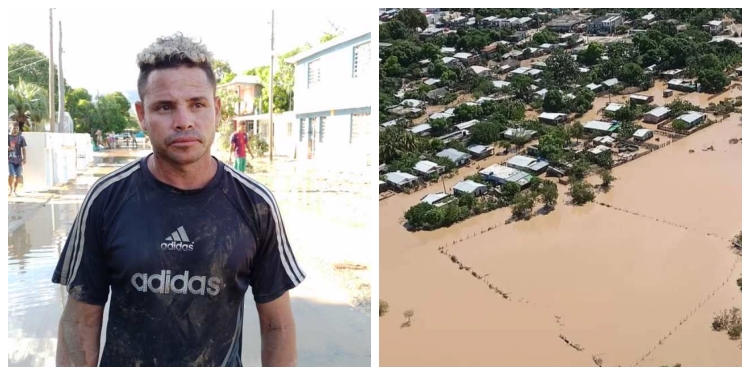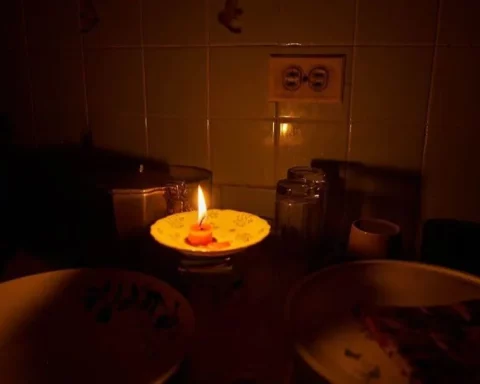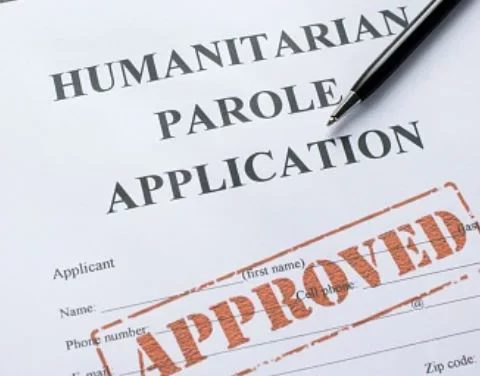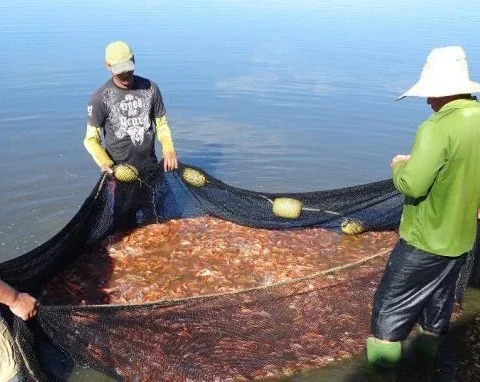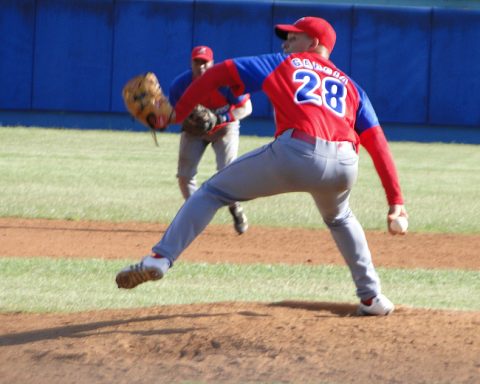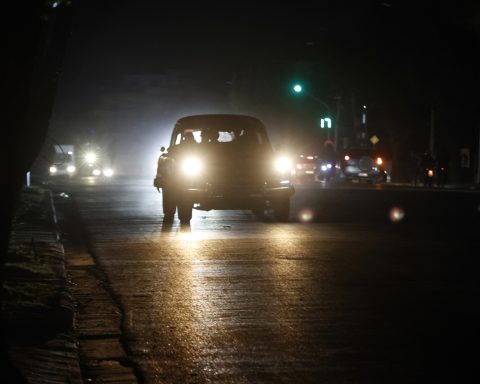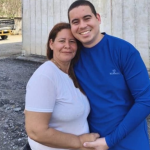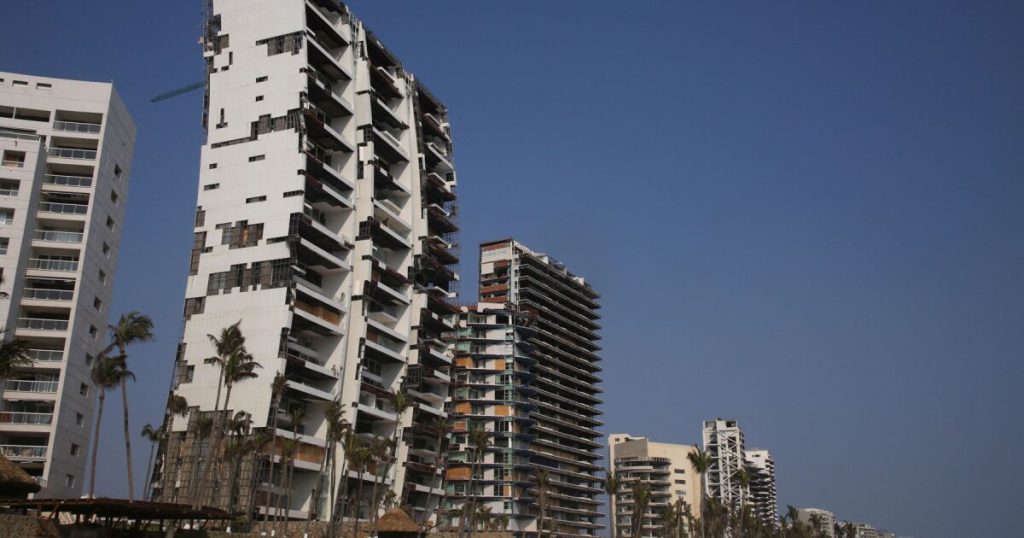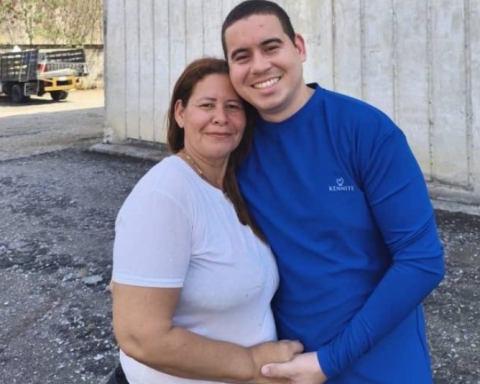AREQUIPA, Peru – “This cyclone was more damaging here than Flora, the water was dammed and placed at the height of the slabs of many houses. We didn’t know what was coming. It was exasperating,” says Jonathan Frometa Navarro, still covered in mud.
In the midst of the desolate panorama of San Antonio del Sur, province of Guantánamo, the young Cuban has gained recognition for his rescue work during the passage of Hurricane Oscar on October 20.
Although the meteorological event barely reached category one on the Saffir-Simpson scale, it was one of the most devastating in recent years, leaving at least seven dead, including a minorand dozens of missing.
“From 2:00 AM the water was rising and reached knee-deep and what we did was climb the things a meter high, but around 4 o’clock the big flood occurred. This was a complete river,” says Jonathan, a brave man amidst the disaster, aggravated by the apathy of the Castro regime.
Amidst the rising waters, the Cuban brought people from the block to an aunt’s house that was located on the second floor, and from there he threw himself “headlong” to look for the children. “It was a tough morning,” he highlights.
According to what he says, when Salvamento y Rescate came, already during the day, he also helped them put the vulnerable, adults and the elderly, out of danger. In total, he was involved in rescuing around 50 people. He alone took care of between nine and 10 children and about 15 adults.
Jonathan, who offered his testimony to the state newspaper we will winspoke of other moments of high tension in the middle of the cyclone. One of them was when he swam to look for his daughter, who had been on top of a plate with a nylon over her head since the flood began.
Likewise, he remembers that he had to go to help a children’s school on the beach, crossing the entire Reparto Cultura, where he lives, and La Plaza, partly swimming and sometimes walking to rest his arms.
“We had to break the house of people who were trapped, almost drowning and couldn’t get out. I couldn’t reach everyone. It was hard,” he comments with pain when evoking the tragedy.
Oscar was formed quickly and arrived in Eastern Cuba in the midst of a massive collapse of the national electrical system. Cubans had been without electricity for dozens of hours and many were unaware of the impact of the hurricane.
In this context and in the face of the manifestations of popular discontent that were beginning to spread in various parts of the Island, the Cuban regime invested resources to repress. He militarized streets and other public areas, but did not evacuate to possible victims.
“I was driven by humanism and paternity, the need to help children who could not go out because their parents were not there, women with children alone, older adults and even people who were trying to save their animals, whom we could not reach. all. I thank God that I am alive, although it is difficult and I don’t know if it is better to have to live through this,” Jonathan laments.
Today San Antonio del Sur joins Imías and other areas devastated by Oscar in the eastern zone that account for the chaos that exists in Cuba.
In this regard, Jonathan details that the water took a while to go down, leaving behind a barren landscape of mud and debris. He points to his house to illustrate the disaster, highlights the official press. In front, what was the wall is just a mass of stone and metal lying on the sidewalk. Even blinds tied with cables did not hold up. He took everything from the house and only walls, roof and their own lives were left.
